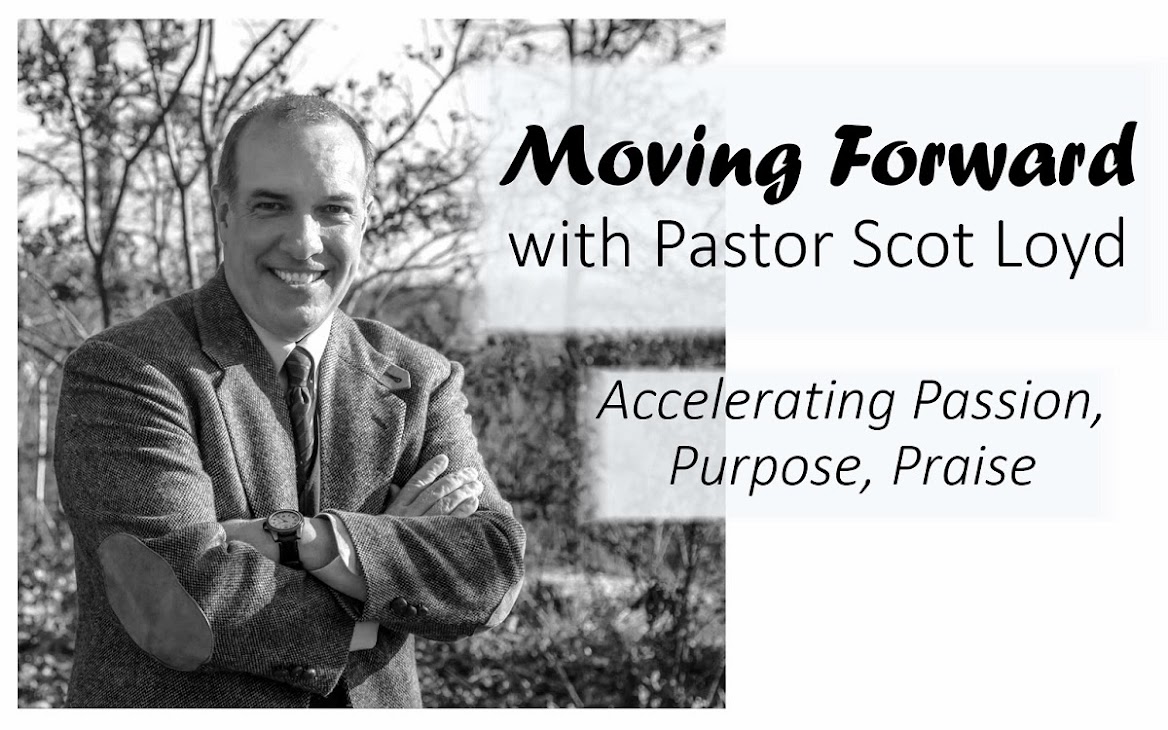On January 25, 2012, a group of
prominent pastors from across America sat down at a forum called “The Elephant
Room.” Pastor James MacDonald who leads Harvest Bible Chapel in Chicago,
Illinois hosted the event. “The Elephant Room” as envisioned by Pastor
MacDonald “…is the outgrowth of an
idea. The idea that the best way forward for the followers of Jesus lies not in
crouching behind walls of disagreement, but in conversation among all kinds of
leaders about what the scriptures actually teach. We must insist on the
biblical Gospel, right doctrine, and practice, but not isolate ourselves from
relationship even with those who believe much differently.”
Among those who sat down with
MacDonald at this second installment of the forum was Mars Hill Church pastor
Mark Driscoll of Seattle, Washington, and The Potter’s House pastor T.D. Jakes
of Dallas, Texas. Both Driscoll and Jakes are controversial mega-church pastors
from opposite ends of the theological spectrum in America. Driscoll, a
reformed, theologically conservative leader, has received media attention for
his views on the roles of men and women in the church and society. Jakes, a
charismatic, African-American Pentecostal preacher, was once featured on the
front page of Time Magazine with the caption “Is this the next Billy Graham?”
The conversation was civil,
respectful and groundbreaking in many regards, especially when Driscoll asked
Pastor Jakes about one of his most controversial theological positions;
specifically, his views on the Godhead. Historically, Jakes has maintained a
“Oneness” view rather than a “Trinitarian” view of the Godhead. Jakes’ view of
God as “One God manifesting Himself in three distinct ways, as Father, Son and
Spirit” is substantly different than the Trinitarian view of “One God as three
persons, eternally equal and distinct; God the Father, God the Son, and God the
Holy Spirit.” When asked to articulate what he believed, Jakes responded, “My
father was Methodist and my mother was Baptist. I didn’t have a real experience
with Christ until I met him in a oneness church. It was not a UPC (United Pentecostal Church) church, but
somewhat similar. Jesus-only, modalism. How they describe the godhead is very
different than how Trinitarians do. I was in that church for years. Though much
of what I learned in oneness is different than how I now understand the
godhead, I didn’t want to switch sides and throw rocks.”
When Driscoll challenged Jakes
directly to articulate what he believed today about the Godhead, he responded,
“I stand today on one God, three Persons. You describe manifestations as
modalism, I call it Pauline. ‘For God was manifest in the flesh.’ The semantics
can be this way or that way, but before the controversy started, Paul used the
word ‘manifested.’ There are distinctives. The Father didn’t bleed and die. The
person of Jesus did that. We are baptized into the body by the Holy Spirit.
That is consistent with my belief system.” Pastor Jakes’ remarks caused quite a
stir, as proponents of both the Trinitarian and Oneness camps scrambled to
clarify and further define their position distancing themselves from Jakes. And
my point in commenting on this is not to further inflame the division, but
rather, in the spirit of “The Elephant Room,” to encourage those on both sides
of this theological divide to continue the dialogue.
As Bishop Jakes went on to point
out, “We get to know people by
their labels. Then comes all the baggage of how we define those labels. We are
taught in our society that if we disagree in a movement, we leave. I still have
relationships and leadership within Oneness circles because I believe that we need to be humble and say we are attempting to describe a God we have not seen fully, only seen
in a glass darkly. Why should I throw rocks at you when what I understand is through a glass darkly? None of our books on the Godhead will be published in
heaven. Because people’s descriptions differ, it doesn’t make it demonic.”
This certainly doesn’t mean that
there should never be a “line drawn in the sand” in the defense of truth, and I
am not suggesting that the nature of the Godhead is a second-tier doctrine that
doesn’t really matter. What I am saying is that I agree with Jakes that our
“books on the Godhead will not be published in Heaven.” And while we are still
on the earth, it does us absolutely no good to stand and hurl theological
stones at one another, while making no attempt to understand each other’s point
of view. If the word “Christian” is to mean anything in our society, then we
must find away to stop segregating ourselves around secondary labels. The night
before His death, our Lord prayed in John 17:21 that “they all may be one.”
This is the oneness with which we should ultimately concern ourselves.


No comments :
Post a Comment